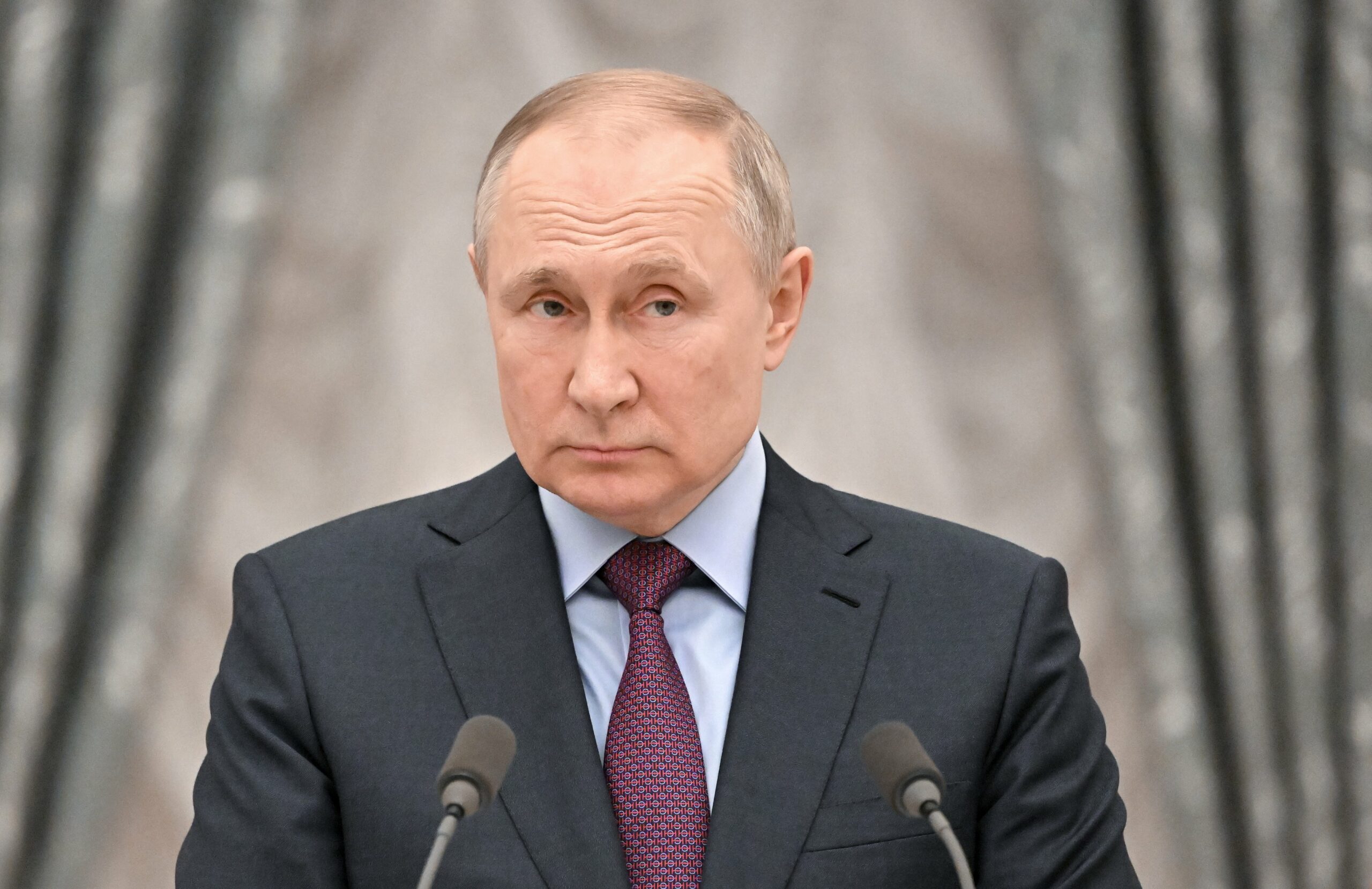All the impacts of the oil price cap on Russia’s accounts

Oil price cap could widen Russia's budget deficit, Kremlin admits. Meanwhile, Putin signs a decree to limit the sale of crude oil and refined products, with some notable exceptions. All the details
On Tuesday, December 27, the President of Russia Vladimir Putin signed a decree to ban the sale of crude oil and refined products to those entities or companies that respect the price cap of $60 per barrel imposed by the G7 countries, plus the European Union and Australia.
The decree states that the Kremlin will prevent the sale of Russian oil and derivatives through contracts that "directly or indirectly imply a price cap mechanism".
THE OBJECTIVES OF THE PRICE CHAP
The ceiling was drawn up by the G7 with the aim of preventing Russia from obtaining large revenues from oil exports, in retaliation for the invasion of Ukraine: the proceeds from the sale of hydrocarbons are in fact fundamental for the Russian economy, representing almost half of the state budget.
At the same time, however, the mechanism aims to avoid restricting too much the availability of crude oil on the markets (Moscow is an important exporter), which would cause international prices to rise.
A THRESHOLD TOO HIGH?
The price cap on Russian oil transported by ship was imposed on December 5, but in practice it has not yet "activated" because Urals – the main variety of crude oil sold by Moscow – trades at prices below $60 a barrel . Such a high ceiling-threshold helps avoid upsetting the balance of the oil market too much, already characterized by a limited supply compared to demand.
In fact, if the selling price of Russian crude oil is lower than 60 dollars a barrel, then the ships carrying it can continue to access Western insurance services, the most widespread and indispensable for navigation. Conversely, if the selling price exceeds the cap value, insurance coverage of boats by Western companies is prohibited.
TIMES AND CLAUSES OF THE RUSSIAN DECREE
Russia has decided to respond to the oil price cap with a ban on sales to all members: the Kremlin decree will enter into force on February 1, 2023, in relation to crude oil, and will remain active for five months.
In reality, the rule provides for exceptions – we speak of a "special permit" – for some buyers who should nevertheless decide to respect the price cap .
While not naming them, the clause refers to China and India: since the beginning of the invasion of Ukraine both countries have become major importers of Russian crude oil, which they buy at heavily discounted prices and much lower than those of Brent , the international oil reference.
A MODERATE ANSWER?
The Financial Times wrote that Putin's response to the price cap is more moderate than the retaliatory options that had been circulating in the Russian media, such as the bottom oil price , i.e. a minimum selling price for Russian oil.
WHERE RUSSIA SELLS ITS OIL…
Following the invasion of Ukraine, which prompted Europe (the main sales market) to reduce its dependence on Russian fossil fuels to zero, Moscow has sought to redirect its oil exports eastward. To date, Russia sells almost 80 percent of its crude oil in Asia and only 17 percent in Europe, moving almost all of it – in the latter case – with the Druzhba pipeline.
In addition to the price cap , the European Union has in fact also imposed a ban on the Community purchase of Russian crude transported by ship.
… AND AT WHAT PRICE
In the ten months following the aggression against Ukraine, the price gap between Urals and Brent widened considerably: in the pre-war period the spread was 1-2 dollars a barrel; now it is 20-30 dollars.
The Urals is currently trading at around 56 dollars a barrel; Brent, on the other hand, around 85 dollars.
THE IMPACT ON THE RUSSIAN ACCOUNTS
In the Russian budget for 2023, a target price of crude oil of 70 dollars per barrel is set: this is the minimum value necessary to support the public accounts. The value of the ceiling imposed by the G7 is instead 60 dollars, lower but only slightly.
Finance Minister Anton Siluanov said the drop in oil revenues due to the price cap and large military expenditures for the war on Ukraine could have the effect of widening the budget deficit for 2023, set at 2 percent of the GDP.
It's primarily the EU ban on Russian crude imports, forcing Russia to sell elsewhere at larger discounts, that is curbing Russian revenue. The price cap, set ABOVE the price Russian oil was selling for anyway, had the effect of taking teeth out of the services/insurance ban. 3/4
— Jason Bordoff (@JasonBordoff) December 27, 2022
Jason Bordoff, former energy adviser to US President Barack Obama, wrote on Twitter that "it is above all the European Union's ban on imports of Russian crude oil, which forces Russia to sell elsewhere at steep discounts, that is limiting Russian revenues ”.
Moscow had also estimated, for the beginning of next year, a drop in the production of crude oil and refined products of 5-7 percent due to the price cap .
Siluanov explained that "since the beginning of the special military operation", the term used by the Russian authorities to refer to the invasion of Ukraine, "the macroeconomic conditions have changed, inflation has increased and a large of resources to support families”. Moscow is redirecting part of the resources destined for education and society towards the defense and internal security sectors.
This is a machine translation from Italian language of a post published on Start Magazine at the URL https://www.startmag.it/energia/tutti-gli-impatti-del-price-cap-al-petrolio-sui-conti-della-russia/ on Wed, 28 Dec 2022 10:25:47 +0000.
